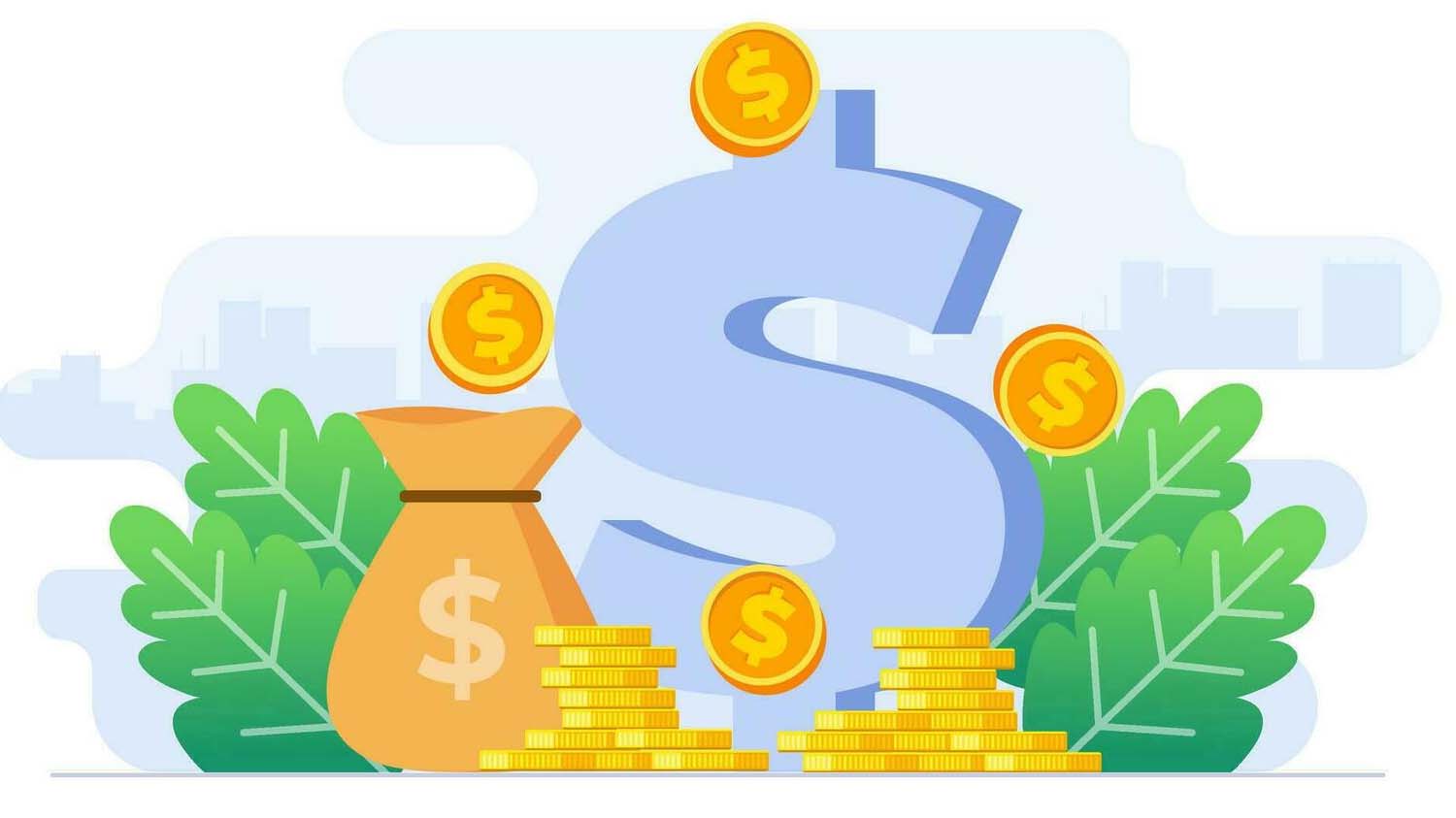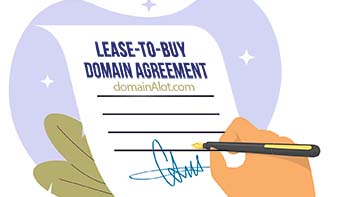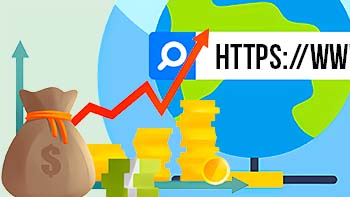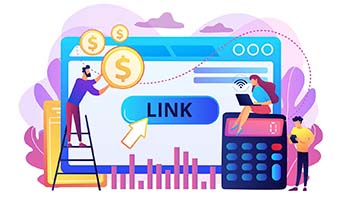How To Value A Domain?
Learning How To Value Your Domains Correctly Increases Your Chances Of Sale

Valuing a domain name has always been more art than science. While there are clear indicators of value, the final number often comes down to a mix of market demand, timing, and what a buyer is willing to pay. Historically, domain valuations were shaped by scarcity and speculation. In the early days of the internet, short one-word dot-com domains held near-mythical status. Investors would scoop them up because they understood something most people didn’t at the time. These digital assets would become rare, and therefore, valuable. But that was then, and this is now. The world we live in, has changed drastically.
The Good "Old" Days
Back in the good old days, the value of a domain was primarily based upon its potential use. Not its actual use. There were a number of criteria added to the check and balance sheet including:
- Was it generic?
- Easy to remember?
- A good brand candidate?
If the answer was yes to any of those, it had a shot at commanding five, six, or even seven figures, and your luck as a domain owner was most definetly in.
Dot-com was king, and everything else came a distant second.
Domains like Business.com, Voice.com, and Insurance.com all sold for millions, not just because of their keywords, but because of the perceived authority those names offered any potential owner with the willingness to leverage that authority.
Data-Driven Metrics
Today, the world has changed. The market is complex. It’s matured. The means to determine a domain’s value still includes all of what it once did, but the lens has widened.
To cut a very long story, very short, domain owners and investors are now more data-driven.
Serious investors now look at metrics like:
- Search volume.
- Click-through rates on parked pages.
- Backlink profiles.
- How similar domains have performed in recent sales.
Far From The Same
Domain registrars, have in more recent years, created a false sense of value through automated a.i. appraisal tools. Any seasoned investor knows their limitations and understands the values these tools often propose are either outlandish, or is more often the case, simply absurd.
In a way, the tools are merely a part of a self-fulfilling mechanism. After all, the higher the value they ascribe to a domain, the more money the registrar's marketplace will earn in commission when it's sold.
However, it's here that the problem arises for the domain owner, because it's not a question of when it's sold, but rather, if it's sold...
Looks Can Be Deceiving
For the registrar of course, it makes no difference. The annual renewal fee of the domain means they earn money either way. And if a thousand domains are listed for sale on their marketplace at overly inflated prices, they will earn more from the sale of just one, than they would from the sale of a hundred priced more conservatively. For the individual domain owner, hoping for the sale of their one domain, that wait may be overly long, and if based solely upon the value of the registrar's tools, in many cases, it may last an eternity.
Why?
Well, just because someone says something is worth a fortune, doesn't necessarily mean that everyone agrees. And in the case of domain investing surface appeal doesn't always reflect true value.
So How Do I Value My Domain?
Appraisal tools can give you a ballpark figure, but not the real story, and their reliance as a "quick-fix" for determining value will almost certainly diminish further over time, because the way domain owners value their domains today has evolved. There's more confidence in self-assessed value, especially for niche terms or emerging industries.
An owner of a crypto-related domain, for example, might place a much higher value on it than what an automated tool suggests, based on where they see the market heading. Conversely, domain owners sitting on outdated tech terms, long-tail product names, or geo-domains for shrinking cities may be facing a dip in demand, and that correlates to a decidely lower market value than they might otherwise choose, or want to believe.
Markets Shift And Values Follow
Some categories in domain demand have clearly lost ground.
Exact match domains that once ranked easily in search engines are no longer as powerful since Google devalued EMD as a primary influence in its algorithm.
So, what does that mean, when it comes to domain appraisal?
Basically, domains like BestHDTVReviews.com or CheapFlightsToOrlando.net, which were once high-performing, don't carry anywhere near the same SEO weight they once used to. And that's bad news for the domain owner who once purchased domains or created an investment portfolio based upon popular search terms.
Similarly, names filled with hyphens like buy-a-new-car, or how-to-build-a-house, don't have strong resale potential today. The same goes for domains with odd extensions that were scooped up during speculative waves like .info or .biz. The vast majority of these have now lost whatever value they were once believed to be for many number of reasons, not least because they were once the only alternative to the gold standard. The .com. Today, there are almost fifteen hundred top-level domain names to choose from at the time of writing, so the value of "scarcity" no longer exists because if someone really wanted hair.com, for example, they can now choose from a vast array of extensions. From hair.shop, to hair.inc, to hair.me. In fact, it's possible to even register my.hair, and that is far more valuable, because it's far more brandable and relevant than hair.biz. Exceptions remain of course, as they always will, but they are fewer and farer between, and generally only if the name is truly exceptional.
Trend Dynamics
On the flip side, certain domains are gaining ground.
Premium one-word dot-coms continue to hold or increase in value, but newer trends are emerging.
Brandable domains with short, unique spellings or invented words are highly sought after by startups. Think of names like Zoom, Stripe, or Shopify. Domains ending in newer extensions like .io, .xyz, and .ai are also increasing in value, especially in industries like tech, crypto, and artificial intelligence where those suffixes carry branding relevance.
On The Horizon
Like any form of investing, domain investors are usually trying to stay one-step ahead of the market. They are constantly looking for insight into behaviour that might one day become a trend and lead to demand, because ultimately it is market demand that will move the value lever into profitability.
At the moment, there's growing interest in domains tied to digital identity and Web3.
Names that are short, social-friendly, and easy to turn into a brand are climbing in value, even if they don't follow traditional domain rules. For an example of such, one only needs to look at the global sports treaming service, DAZN. As a word, it makes little to no sense. As a brand, it's certainly not as easy to recall as Nike, or Coca-Cola. These words are consistent, vowels follow consonants and they are spoken the same no matter where you are in the world, or what language you use. When it comes to DAZN, depending upon your interpretation, it can be spoken in any number of ways. Yet despite the billions of dollars spent in acquiring other well-known brands such as FoxTel, News Corp, and others, someone, somewhere, made the executive decision to call everything a word that is to the vast majority of people in the two hundred or so countries it operates in, impossible to pronounce. But is it really? Or is it simply the result of availability and the acceptance of a modern market trend?
Despite the increasing number of top-level domain extensions now available, there are seemingly fewer and fewer available domain names to choose from. Domains that short are easier to type and you don't have to speak it to spell it. Finding an available domain under six or seven letters means putting letters together in a sequence that makes no sense - least verbally anyway. But in the world of digital services, nothing is perhaps more valuable then a minimal domain name, and that is all the sense you need.
Think Like A Buyer
If you’re holding a domain and wondering what it’s really worth, it helps to start by thinking like a buyer. That means asking yourself:
- Who would want this name and why?
- Is it easy to say, easy to spell, and easy to remember?
- Does it align with a growing market or cultural trend?
- Have similar names sold recently, and if so, for how much?
There's no point trying to convince yourself that the answer is yes if it's really no, because it's not you that you have to convince. It's a buyer. So, being honest with yourself and how you really think your domain stands up to questioning, should be reflected in it's value.
You must fight temptation and be realistic, but with that being said, you should never undersell a name just because you haven't had interest yet. Timing matters more than many think, and the right buyer will change everything.
If you're ready to test the market or just want to give your domain the exposure it deserves, then why not list it now at domainAlot.com?
The right buyer is out there, and it's our job to help you find them.





